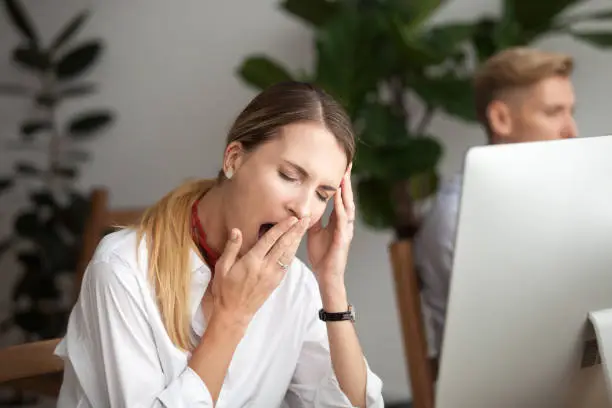There is almost nothing worse than a bad night of sleep. Aside from how you feel and your inability to concentrate, a bad night of sleep can impact you in a number of ways:
Weight gain Figured we’d start there. Lack of sleep messes up your hormones, increases your likelihood to overeat, and is directly linked to weight gain.
Health problems- Aside from weight gain, poor sleeping habits can raise blood pressure and increase your risk of heart disease, diabetes, and a number of other things you really don’t want.
Decreased sex drive- You certainly don’t feel frisky when you’re excessively tired, and in men, it can lower testosterone levels depending on how severe your sleeping issues are.
That is a very abbreviated list of negative effects of not sleeping well. The good news is, unless you’re an insomniac or have sleep apnea (in which case you should be seeing a doctor), there are some relatively painless strategies for getting the recommended 7-9 hours each night:
Cut off the electronics an hour or two before bed. I know a lot of people are glued to phones, tablets, and the television right up until bedtime. If you have trouble sleeping, try to ease up on the use of these devices. The blue light emitted from them decreases your brain’s release of melatonin, which is a hormone that helps you sleep.
The darker the room the better for a good night’s sleep. This all comes back to light messing up your melatonin release. Get some heavy, dark curtains for the windows, and turn your phone over or off to avoid the blinking LED light keeping you awake.
White noise can help some people sleep more soundly (pun intended). I personally can’t tell you the last time I slept without a fan in the bedroom, even in the wintertime. If a fan isn’t your thing, there are a variety of different white noise machines out there that emit comforting sounds.
Avoid caffeine late in the day. Some people have to cut it off before noon. Some people can use it later in the afternoon and have no issues. This could make a big difference for you.
Exercising vigorously even just a few minutes a day can help you sleep better at night. Your body recovers from exercise during sleep, so the harder the workout, the better you sleep at night. Just ask my clients.
If all else fails, or you’re just looking to optimize sleep on a daily basis, supplementing with melatonin (anywhere from 1 to 10mg) and/or magnesium (200-400mg) can help tremendously. Melatonin helps you get to sleep, and magnesium can aid with helping you “wind down” after a long day. I personally use both every night before bed and 99% of the time I sleep quite well.
There are also things like meditation and yoga that can aid with a good night’s sleep, but the above tactics should be more than enough to help get you on the right track. If you think there is something more sinister behind your poor sleep habits, it may be beneficial to see your doctor who could possibly order a sleep study to dig deeper into the problem.

